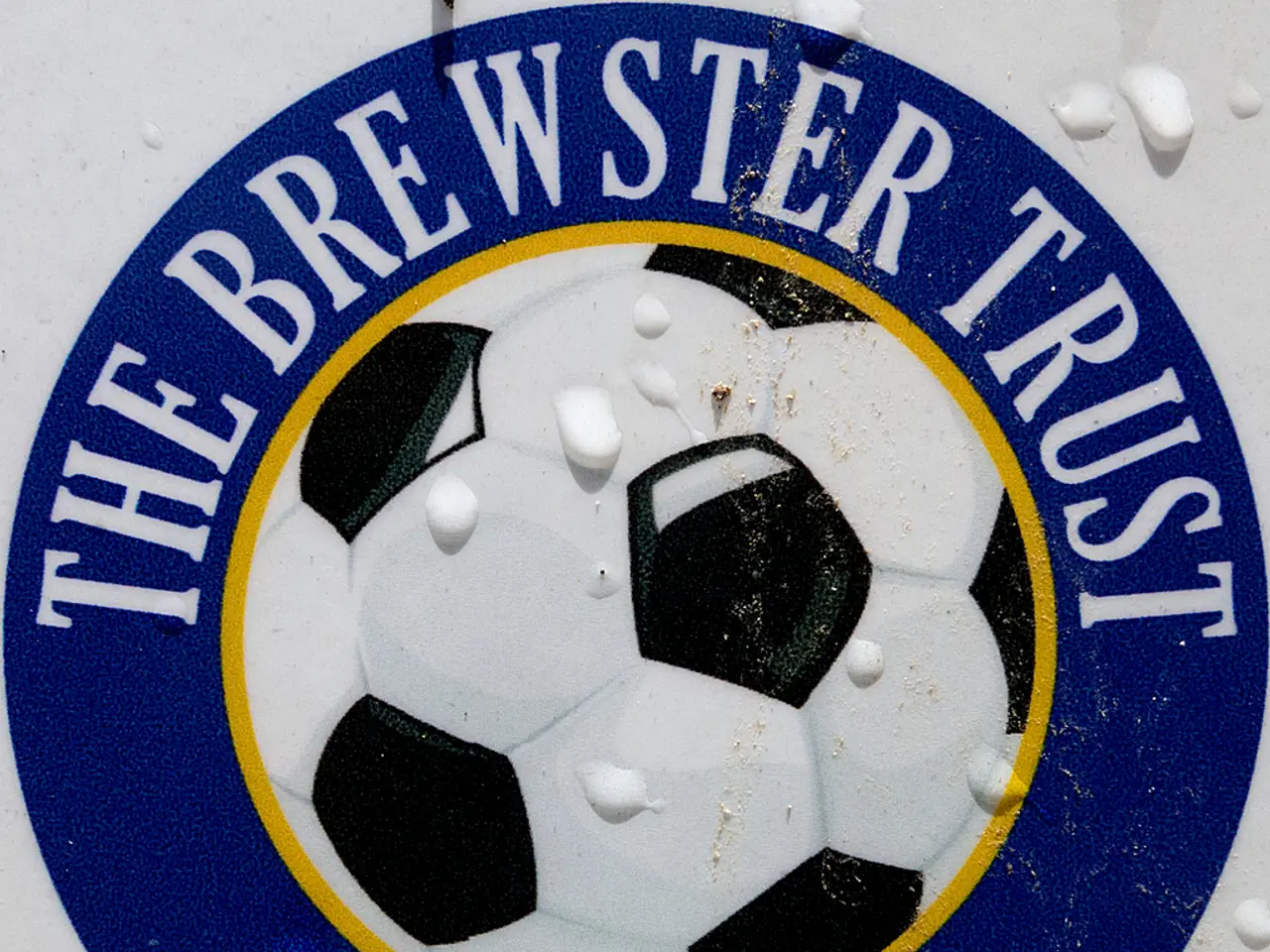Pennsylvania's Legislation on Cannabis Makes Possession Legal, But Does Not Offer Job Security Protections
In the 2025 legislative session, Pennsylvania introduced House Bill 1735, a bill that aims to legalize adult-use cannabis possession and retail sales while strengthening legal protections for medical marijuana patients [1]. One of the key aspects of this bill is the proposed changes to employment rights and workplace policies.
Under HB 1735, employers would be prohibited from discriminating against employees based on lawful cannabis use or possession as regulated under the bill [2]. This provision aims to prevent employers from penalizing employees for activities that will be legal under the act.
However, workplace policies would need to balance employee rights to use cannabis legally with safety and operational concerns [3]. This could potentially allow employers to maintain drug testing and safety rules but limit adverse employment actions solely for cannabis use outside of working hours.
While the bill does not provide the exact language of employment protections, its focus on legalizing adult-use cannabis with strengthened patient protections strongly implies these worker rights aspects are included or intended [4].
Outside of Philadelphia and Pittsburgh, employers in Pennsylvania retain wide discretion to test for and act on cannabis use [5]. In contrast, Philadelphia's ordinance bars pre-employment drug testing for marijuana for most roles, with exceptions for positions involving public safety, driving, or duties that could pose a significant risk of harm [6].
Job seekers, particularly those who use cannabis recreationally or medicinally, should be aware that a positive drug test can still result in a rescinded job offer or disciplinary action [7]. Certified medical marijuana patients are protected from adverse action based solely on a positive THC result, unless the position is safety-sensitive or governed by federal regulations [8].
It is crucial for employers to review and update their workplace drug policies to align with the evolving legal landscape, particularly if their organization operates in multiple jurisdictions with differing cannabis laws [9]. The bill does not require accommodation of cannabis use or restrict employers from complying with applicable federal laws [10].
For a more detailed understanding of the employment provisions in HB 1735, it would be helpful to consult the full bill text or Pennsylvania legislative resources directly.
References: 1. PennLive 2. Pittsburgh Post-Gazette 3. Philadelphia Inquirer 4. Lehigh Valley Live 5. Pennsylvania Chamber of Business and Industry 6. City of Pittsburgh 7. Pennsylvania Medical Society 8. Act 16 9. National Law Review 10. Pennsylvania Department of Labor & Industry
- As HB 1735 progresses through the Pennsylvania legislative session, sports organizations might need to reassess their drug testing policies to align with the potential legalization of recreational marijuana.
- The weather forecast in Philadelphia could significantly influence the demand for medical marijuana as people might seek relief for symptoms associated with seasonal allergies or cold weather-related ailments.







